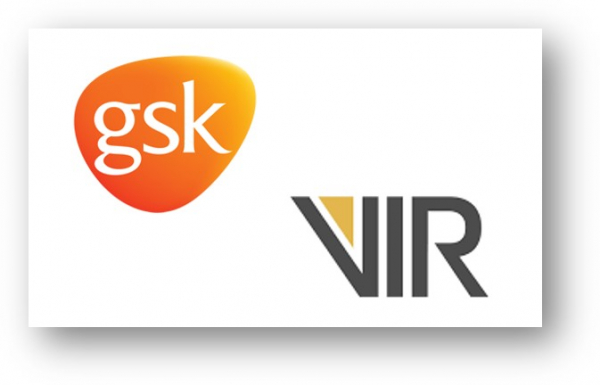
GSK and Beer Biotechnology (hereinafter referred to as Beer) have been advised by the US Independent Data Monitoring Committee (IDMC) to discontinue patient enrollment as the excellent efficacy of the COVID-19 treatment VIR-7831 (GSK4182136) has been demonstrated in phase 3 clinical trials. Sun said.
An interim analysis of data from 583 patients enrolled in this trial showed that the risk of hospitalization or death, the primary endpoint of the study, was reduced by 85% (p=0.002) compared to placebo in the patient group receiving VIR-7831 monotherapy. Confirmed. In addition, it was confirmed that VIR-7831 showed good tolerability.
As clinical trials are ongoing and follow-up will continue for 24 weeks in a blinded fashion, additional results, including epidemiological and virological data, will be released after all clinical trials are complete.
Based on these results, GSK and Beer plan to submit an emergency approval (EUA) application to the U.S. Food and Drug Administration (FDA) and promote approval applications in other countries as well. The data will be used as the basis for biopharmaceutical product approval applications submitted to the FDA.
On the same day, the two companies also announced a new study that showed that VIR-7831 maintains activity against severe mutant viruses that are currently occurring, including mutant viruses in the UK, South Africa and Brazil, based on in vitro data from a pseudotyped virus test. Relevant data has been submitted to regulatory authorities, and is scheduled to be published online on’bioRxiv’.
“The dual action design and high resistance barrier of VIR-7831, which blocks the penetration of the virus into healthy cells while simultaneously removing infected cells, are remarkable features.” The data demonstrates the potential of VIR-7831 to prevent the critical condition caused by Corona 19, and the result highlights the potential effect of preventing the mutant virus that is currently occurring.”
Hal Baron, Chief Academic Officer and President of GSK, said, “We hope that VIR-7831 will be available to patients as quickly as possible, and we look forward to seeing the potential of this treatment in another treatment setting.”
